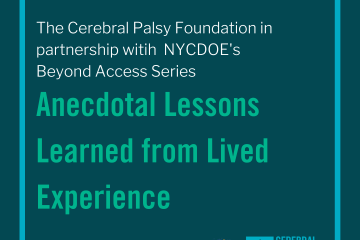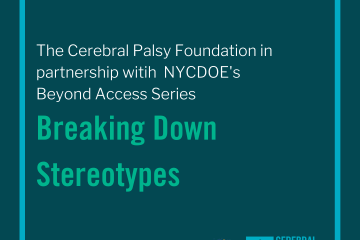Advocating For Your Child At School
My son Gavin has spastic diplegic cerebral palsy, which means both his legs are affected and some of the fine motor skills in his hands are also affected. He's smart and he's funny, and he is one of the most kindhearted people I know. My other son is Hayden. He was the first born twin. He's also amazing. He has also been diagnosed with cerebral palsy but a more atypical form that's much milder and really affects his balance and some other minor issues with him. He's fantastic as well.
If I can talk to any parent about having a child with disabilities, I would say that job number one is to be their parent. But you've now come onto this career of being a parent with a child with a disability and specifically cerebral palsy. You need to advocate for your child. You need to do everything possible to help them get the education they need, the health care they need, and find their place in society.
It's tough entering the school system, especially in a mainstream program. You need to challenge them, and don't be afraid to do that. It's your right and it's your child's right. Every child with cerebral palsy is different and has different needs. They can't compare one to another. That's why it's so important to listen to the parents and the experts who've provided information about the child and tailor the program to the child.
It's really about changing the reference frame and thinking differently on how to help these kids. A key phrase that I was taught was being positively persistent. You can't go in and be aggressive, but you need to go in and be firm. They need to understand that you're there to make a point and you need help, and their job is to help your child. So you keep on track and keep focused and get your point across.
"A key phrase that I was taught was being positively persistent."








